A romantic drama set in Germany just before WWI and centered on a married woman who falls in love with her husband’s teacher. Separated by the war, they pledge their […]
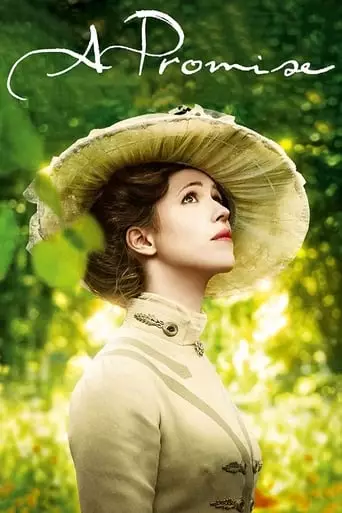
A romantic drama set in Germany just before WWI and centered on a married woman who falls in love with her husband’s teacher. Separated by the war, they pledge their […]
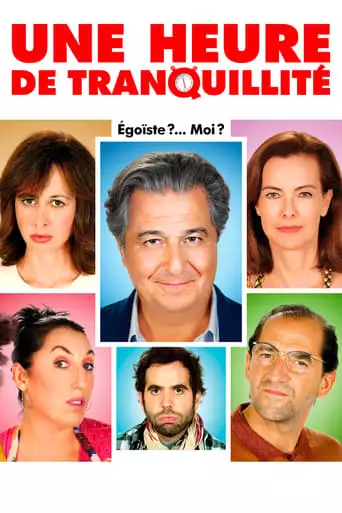
Michel, who’s crazy about jazz, has just found a rare album that he dreams of quietly listening to in his living room. But the world seems to have conspired against […]
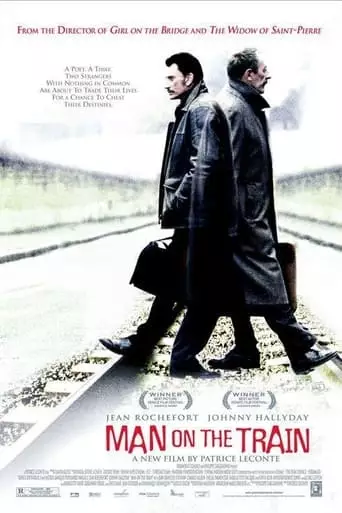
A man, Milan steps off a train, into a small French village. As he waits for the day when he will rob the town bank, he runs into an old […]
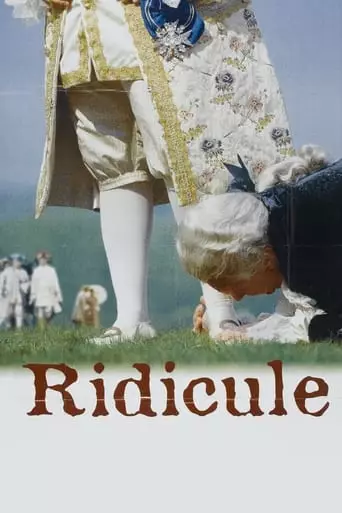
To get royal backing on a needed drainage project, a poor French lord must learn to play the delicate games of wit at court at Versailles. Ridicule is a 1996 […]
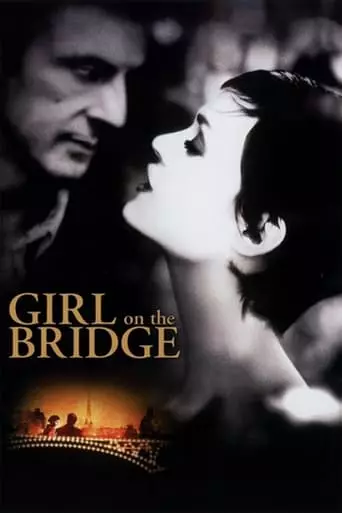
It’s night on a Paris bridge. A girl leans over Seine River with tears in her eyes and a violent yearning to drown her sorrows. Out of nowhere someone takes […]
Patrice Leconte: A French Filmmaker Known for His Emotional Range and Unique Storytelling
Patrice Leconte is a celebrated French filmmaker whose career has spanned over five decades. Known for his versatile approach to filmmaking, Leconte has crafted a diverse body of work that includes comedies, dramas, thrillers, and romantic films. His films often explore the complexities of human relationships, the intricacies of the human psyche, and the tension between individual desires and societal expectations. Leconte’s unique storytelling and visual style have earned him a reputation as one of France’s most prominent directors.
Early Life and Career Beginnings
Patrice Leconte was born on November 12, 1947, in Paris, France. He developed an early interest in the arts, particularly in cinema, which led him to study at the prestigious French National Film School (IDHEC). After graduating, Leconte worked as an assistant director and editor, gaining valuable experience in the French film industry.
In the early 1970s, Leconte began to make a name for himself as a director with a series of short films and documentaries. His first feature film, Le Mari de la coiffeuse (The Hairdresser’s Husband, 1990), was a breakthrough moment in his career. The film, which combined elements of comedy, romance, and drama, was a critical success and established Leconte as a director with a unique voice and a keen understanding of human emotion.
Notable Works and Successes
Leconte’s career took off in the 1990s, a period during which he directed some of his most acclaimed films. His ability to craft stories that were both emotionally resonant and visually striking helped him become a key figure in French cinema. Some of his most notable films from this period include:
The Hairdresser’s Husband (1990): A whimsical and poetic romantic comedy, The Hairdresser’s Husband tells the story of a man who falls in love with a hairdresser and becomes obsessed with her profession. The film is characterized by its playful tone, eccentric characters, and exploration of themes such as love, obsession, and memory. It was well-received by critics and audiences alike and earned Leconte several awards, including the César Award for Best First Film.
Man on the Train (2002): One of Leconte’s most beloved films, Man on the Train is a minimalist drama about the unlikely friendship between an aging schoolteacher and a criminal who meet by chance. The film is a meditation on loneliness, aging, and the passage of time, and it showcases Leconte’s ability to create deep emotional connections between his characters. The film’s quiet, contemplative style and its exploration of human relationships won it international acclaim and further solidified Leconte’s reputation as a master storyteller.
The Widow of St. Pierre (2000): Set in the 19th century, this historical drama tells the story of a woman who becomes entangled in a love triangle while awaiting the execution of her husband, who has been convicted of murder. The Widow of St. Pierre is notable for its striking cinematography, its exploration of justice and morality, and its compelling performances, particularly from Juliette Binoche and Daniel Auteuil. The film received critical praise and was a success both in France and abroad.
Intimate Strangers (2004): A psychological drama, Intimate Strangers centers on a woman who accidentally confides in a stranger, believing him to be her therapist. What follows is a series of intense and often humorous interactions that reveal the complexities of human relationships. Leconte’s skillful direction and the strong performances of the cast, particularly the leads, made the film a success. It was praised for its sharp dialogue and exploration of the human need for connection.
Themes and Style
Leconte’s films are known for their nuanced explorations of human emotions and relationships. He often delves into the complexities of love, desire, and identity, focusing on the inner lives of his characters and the tensions that arise from their interactions with others. His films frequently explore the themes of loneliness, isolation, and the search for meaning in life.
Leconte’s visual style is also an important aspect of his filmmaking. He has a keen eye for detail, often using carefully composed shots and striking cinematography to enhance the emotional impact of his stories. His films often feature long, contemplative sequences that allow the audience to connect with the characters on a deeper level. Additionally, Leconte’s use of music is integral to his storytelling, with carefully selected soundtracks that complement the mood and tone of his films.
Though Leconte is known for his emotional depth, he is also capable of injecting humor into his work. His films often feature quirky, eccentric characters and moments of levity, which balance the more serious themes of his films. This blend of humor and drama has become one of the hallmarks of Leconte’s filmmaking style.
Later Work and Legacy
In the years following his most successful period, Leconte continued to make films that explored the complexities of human relationships and emotions. While not all of his later films achieved the same level of critical success as his earlier works, they still showcased his ability to create compelling, character-driven stories.
Some of his later films include:
The Valet (2006): A comedy about a businessman who enlists the help of a valet to cover up an affair, The Valet explores themes of deception, class, and social dynamics. The film was well-received for its wit and charm and became a commercial success.
A Promise (2013): Set in the early 20th century, A Promise is a period drama about a love affair between a young woman and her husband’s best friend. The film explores themes of forbidden love, sacrifice, and societal expectations.
Leconte’s legacy as a filmmaker is one of emotional resonance, character depth, and a keen understanding of human nature. His ability to craft stories that are both intimate and universal has made him one of France’s most respected directors. His films continue to be admired for their warmth, complexity, and emotional depth, and they remain an important part of the French cinematic tradition.
Conclusion
Patrice Leconte’s films are a testament to his skill as a storyteller and his ability to connect with audiences on an emotional level. Whether exploring love, loss, or human connection, his films have resonated with viewers around the world. With a career spanning several decades and a body of work that includes some of the most memorable films in French cinema, Leconte remains one of the most important filmmakers of his generation. His films continue to inspire and captivate audiences, ensuring his place in the annals of cinematic history.